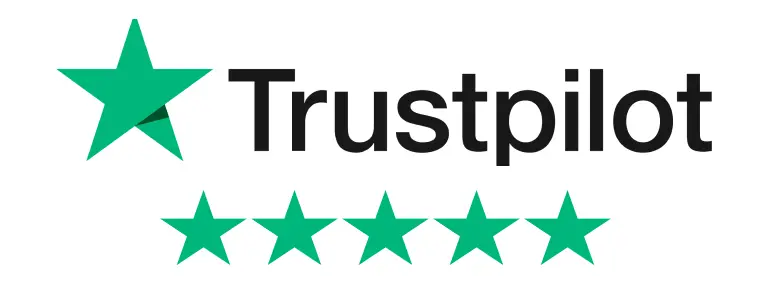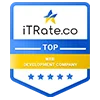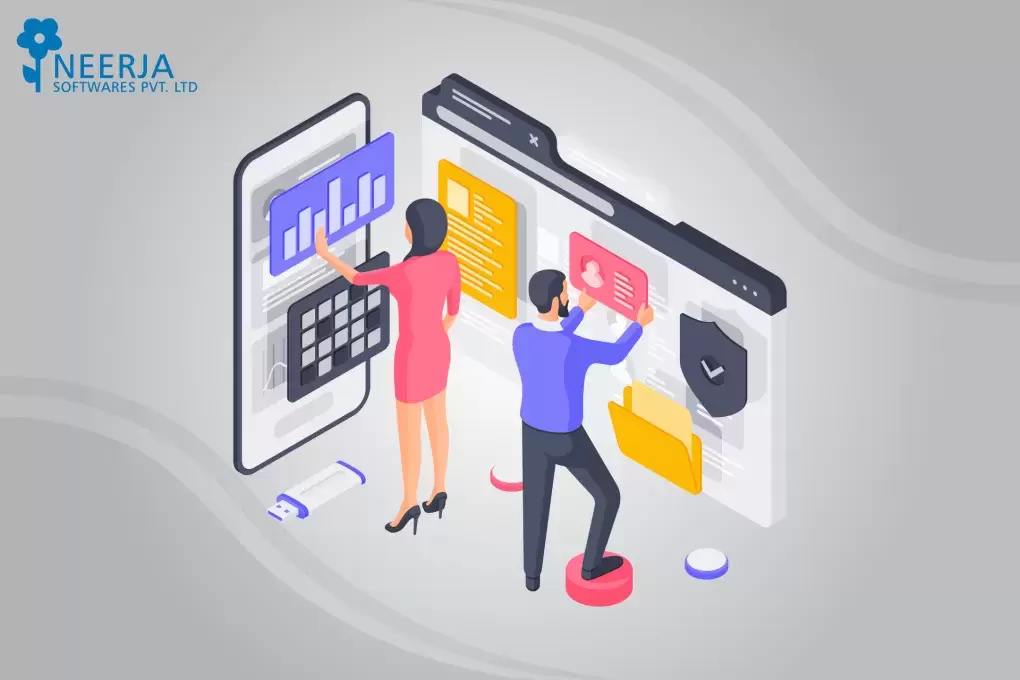
Businesses, everything being equal, topographies and industries are going to cloud services.
Both public and private cloud appropriation have expanded somewhat recently.
Moreover, this trend will proceed through 2022, where most companies would have cloud-first or cloud-just approaches.
The cloud is an extraordinary method to maintain a business as it provides tons of many advantages.
Today in this blog post, we will discuss the top benefits of Cloud-based applications!
Quick Navigation
New cloud services can become key sources of revenue, and reduce the problematic movements in the markets and business models.
"Gartner predicts that $110.5 billion revenue has come from cloud services in 2020 and also estimates it to accelerate to $143.7 billion by 2022."
The term "cloud climate" in the IT industry is isolated into 3 classes - Private Cloud, Public Cloud, and Hybrid Cloud!
While considering a cloud-based software solution you ought to recognize two types of development: your company can be a cloud provider or you can fabricate an app that is based on third-party cloud solutions.
But first, let me give you a brief -
Introduction to Cloud, Cloud Applications, and Cloud Computing!
A cloud application is an internet-based program in which essentially a portion of the processing and storage happens on the internet, which is alluded to logically and algorithms as "the cloud."
The application's front end might run as an app or in a web browser. However, key components, like data storage, are online. The client interacts with the application through a web browser or a mobile application, and the data processing is managed by a blend of the neighborhood device and a cloud computing solution.
According to the client's viewpoint, the cloud application acts as a standard website, yet the computing and data processing is dealt with in the cloud through an API.
"There are main 3 types of cloud applications: IaaS, SaaS, and PaaS!"
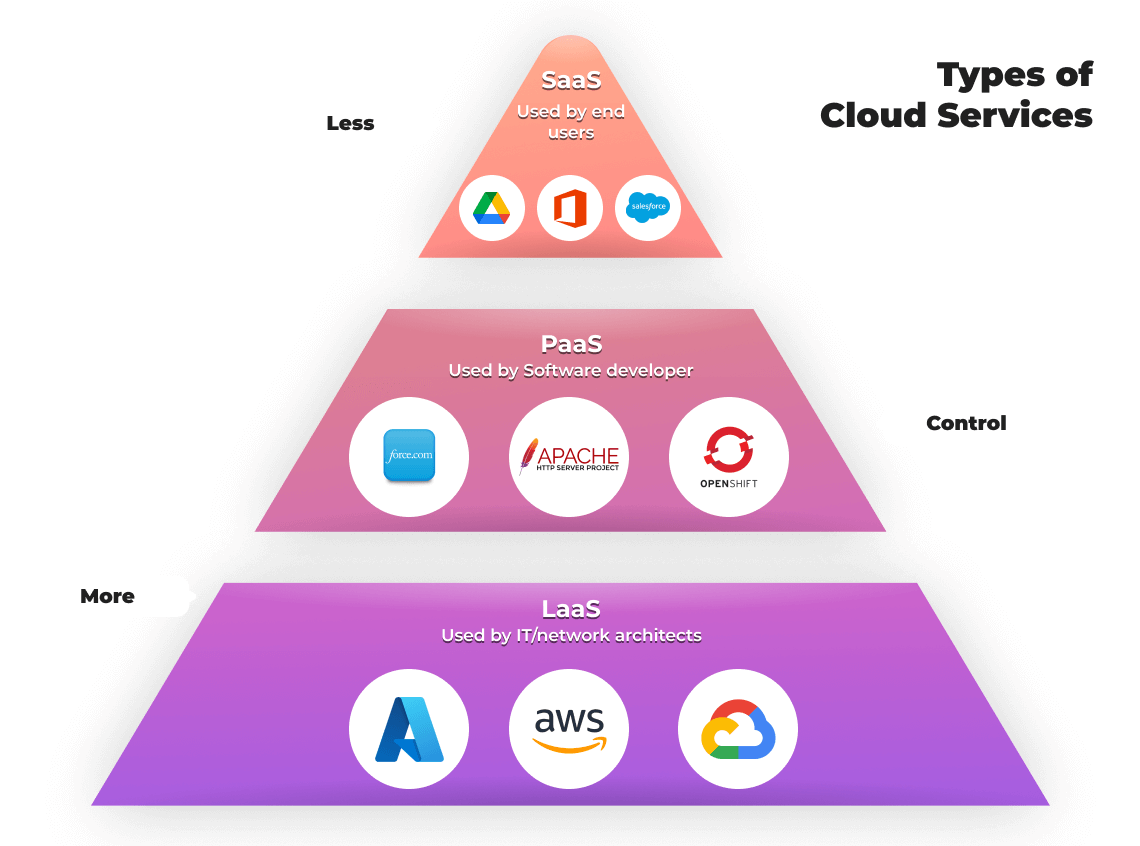
Data is put away and compute cycles happen in a far-off data center commonly worked by a third-party company. A back end guarantees uptime, safety, security, collaboration, integration, and supports various access techniques.
Cloud applications provide speedy responsiveness and don't have to live on a nearby device. They can work disconnected yet can be refreshed online. While under consistent control, cloud applications don't generally devour storage space on a computer or communications device.
Accepting a sensibly quick internet association, an elegantly composed cloud application offers all the interactivity of a work area application, alongside the transportability of a web application. To manage cloud apps working, we need to utilize cloud management platforms.
It is a set-up of tools intended to manage cloud computing resources in a public, private, or half-breed cloud climate. Your enterprise can utilize a CMP to optimize its resource and service utilization to keep cloud costs down.
What is Cloud Computing?
Cloud computing is a term used to portray the utilization of hardware and software conveyed by means of a network (typically the Internet). Basically, cloud computing will be computing based on the internet.
Previously, individuals would run applications or programs from software downloaded on an actual computer or server in their structure. Cloud computing permits individuals admittance to similar sorts of applications through the internet.
Cloud computing is based on the reason that the principle computing happens on a machine, regularly distant, that isn't the one as of now being utilized. Data gathered during this process is put away and processed by distant servers (additionally called cloud servers).
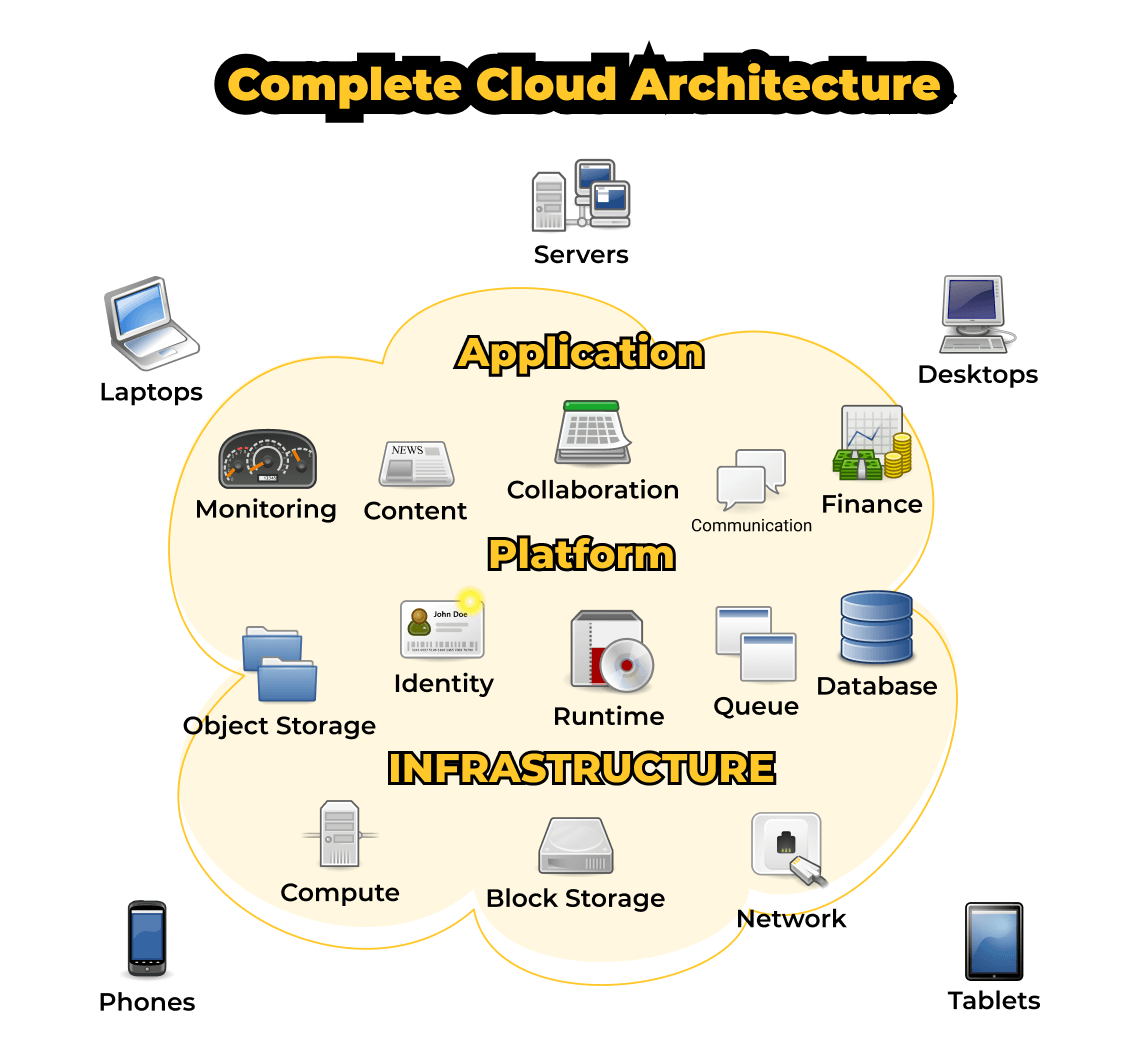
As a world-class enterprise and competitive technology, the following are the advantages and benefits of cloud computing:
"High Speed – Quick Deployment, Data Security, Automatic Software Updates and Integration, Unlimited Storage Capacity, Efficiency and Cost Reduction, Back-up and Restore Data, Scalability & Disaster Recovery, Mobility & Collaboration, and Data Loss Prevention."
To get all these benefits, the offshore cloud computing service providers must be experts in IaaS, SaaS, and PaaS. Choose your expert wisely!
How to Develop Cloud-based Applications?
The technological stack is a chief inquiry you need to answer when planning a cloud-based solution. Likewise, you need to keep away from botches when developing a cloud-based app interestingly.
"Our all-time advice is to choose a cloud service vendor from one of the market leaders. You can take the help of AWS (Amazon Web Services), Google Cloud Platform, Microsoft Azure, Oracle, etc. are leaders in the Cloud market!"
Cloud-based application development additionally requires an advanced comprehension of data architecture. Thus, contemplate getting the best cloud services by interfacing and integrating them. Moreover, the most ideal alternative is to contact a cloud app development company.
"7 Benefits of Cloud-based Applications: Fast response to business needs, Instant scalability and simplified operation, Improve data sharing and security, Reduce IT infra cost, Ease of management Control & reliability, Use APIs brilliantly, and Reduce software licensing costs!"
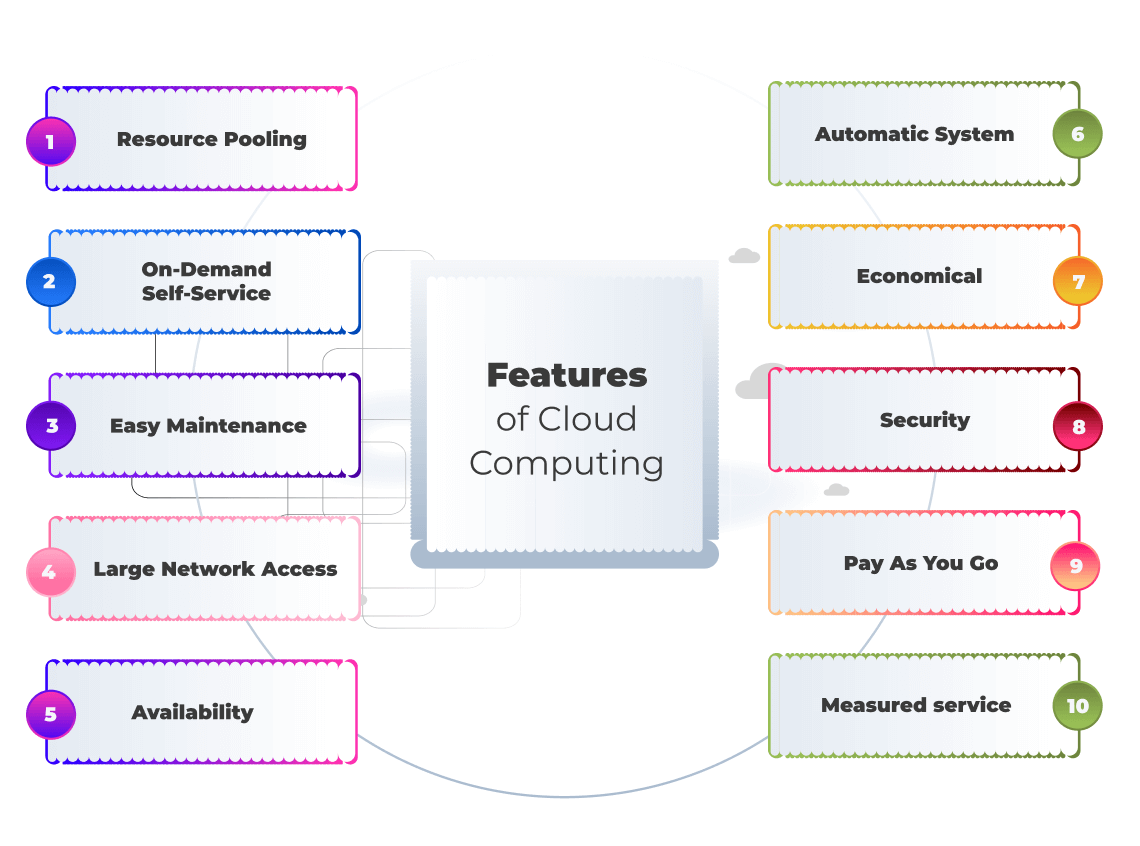
Conclusion
Cloud-based applications help you center around your business instead of the software/IT infrastructure. You can use your IT labor force productively to zero in on essential business thoughts.
An ever-increasing number of businesses are embracing cloud technology, and 60% of business proprietors will depend on the cloud for hosting data by 2022.
Despite challenges in the cloud industry, the benefits of Cloud applications are interesting and helps you build a complete online cloud-based infra for your business!





